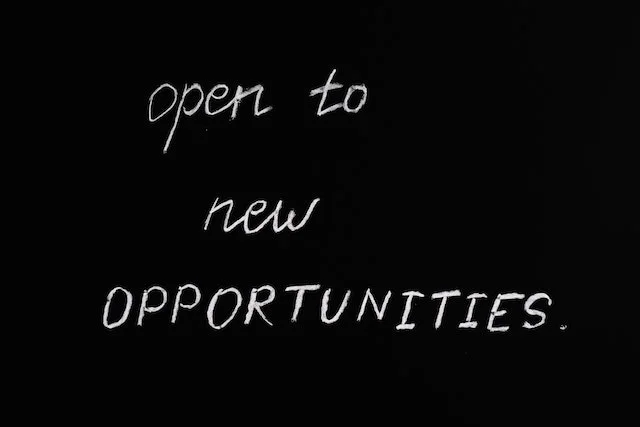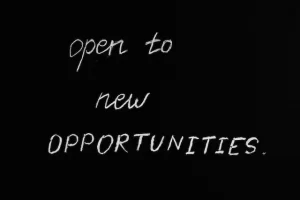PR Campaign ideal strategy for startups to complement marketing
Before launching a PR campaign for your start-up, you must determine your start-up’s readiness. You must also consider if you are ready to put in the work as a founder.
It is likely that it is just you and your co-founder that makes up the team. So, it is going to be a lot of work if you do decide it is time to launch a PR campaign for your start-up.
Below are some top considerations you need to gauge your preparedness.
1. Can You Afford to Spare Some Time?
Working at a start-up is one of the most intensive, time-consuming endeavours one could embark on. Usually, many things demand urgent attention as a founder. The team is small and you do not have the resources to hire more hands. So, you are swamped most of the time. In the midst of these, can you afford to undertake the task of launching and managing a PR campaign by yourself?
This is an important consideration because one of the things that launching a successful campaign would require is research. You would need to conduct extensive research on your start-up’s business model to even determine the right angle to pitch your campaign.
You would need to also research your target audience and most importantly, the media. This would be time-consuming and would require you to take off time from your core duties to focus on them. Therefore, it is not recommended to just wake up one morning and shoot an email to that reporter requesting to be interviewed. Should you do that and you get an opportunity to be featured and other media enquiries follow, you might find yourself turning them down because you do not have the time. If you decide to devote the time to attend to all these enquiries without planning for them, it could constitute a major distraction to your business and your start-up runs the risk of losing focus.
2. Have You Mastered Your Story?
I read about a founder who recently shuttered his start-up because he failed to raise more funding to keep the business alive. Speaking about what he learned from the failure and what he would do differently if he had the same opportunity in the future, he said, “If I had $2m to burn again, I would spend the first year or two with no employees, just really focusing on how to talk about the problem I was solving, and only spend the rest of the money once I felt like I had dialled in how to talk about it.”
This founder was referring specifically to telling a story that investors can buy into. However, it is just the same thing with a PR campaign targeted toward the public, which includes potential investors. Your PR campaign will be about storytelling and selling a narrative and no one will tell this story better than you will. You need to be the one telling this story yourself.
More so, a PR campaign is all about a story that the press can buy. It matters that you have mastered this story to the point that you can make it interesting to the press.
Therefore, before launching a PR campaign, you need to learn your own story and tell whoever is willing to listen repeatedly until you have mastered it.
I have encountered some founders who argue that their personality stands in the way of mastering the art of storytelling. They are reserved, private individuals who would rather focus on building than talk about their start-ups. While there is little one could do about the shortcomings of one’s personality traits, if you have chosen the entrepreneurial path, you must adopt strategies to overcome some of these shortcomings. Get training, if you must. Practice, practice, practice until you overcome any fears. Some of the world’s greatest orators and public speakers were not born with natural abilities for storytelling. They learned it. Many of them are also reserved personalities.
RELATED STORIES:
- How To Launch A Successful PR Campaign For Your Start-Up
- 3 Reasons To Leverage More PR In Your Marketing In 2022
Founders who have mastered the art of storytelling make their start-ups appear unique and make it easier for the media to write about their start-ups and this makes all the difference in a PR campaign as it helps to ramp up earned media. Even this requires careful planning. If you can afford professional guidance in the planning stage, it could make all the difference.
3. Is Anything Newsworthy About Your Start-Up Yet?
In the early stage of your start-up, there may not be anything newsworthy about it. There are exceptions though, such as when an existing company branches out to work on a very novel idea. For instance, Elon Musk launching SpaceEx or Jeff Bezos launching Blue Origin. SpaceEx and Blue Origin at the launch were just start-ups but they generated a lot of buzz mainly because of the novelty of the idea, which is space tourism, and the successful individuals spearheading them. Therefore, both the uniqueness of the idea and the individuals behind them make the start-up newsworthy, so the start-ups generate much-needed buzz.
However, in your case, although the idea may be novel, you may need to get the start-up to a certain tangible level before people can take you seriously to the extent of leveraging it for a PR campaign.
Let us say that your start-up has set out to build a machine that treats malaria just by standing beside it. It works through a unique technology that you have invented that relies on self-generating radiation. The idea of this start-up is novel and could be newsworthy. The only problem is that you have no reputation for any scientific innovation of this nature, so you will have to build a prototype and treat at least 50 – 100 people before the media can really become interested.
The point being made here is that you must wait until you have achieved a milestone worthy of a news mention before planning a PR campaign. Most professionals would recommend that you run your start-up for at least six months before considering a PR activity. Within that period, you must have gained some traction that you can leverage for PR. Some of the things you can leverage include major business deals, partnerships, traction volume, funding round, etc. Until you get here, I am afraid; there may not be much to anchor your campaign.





